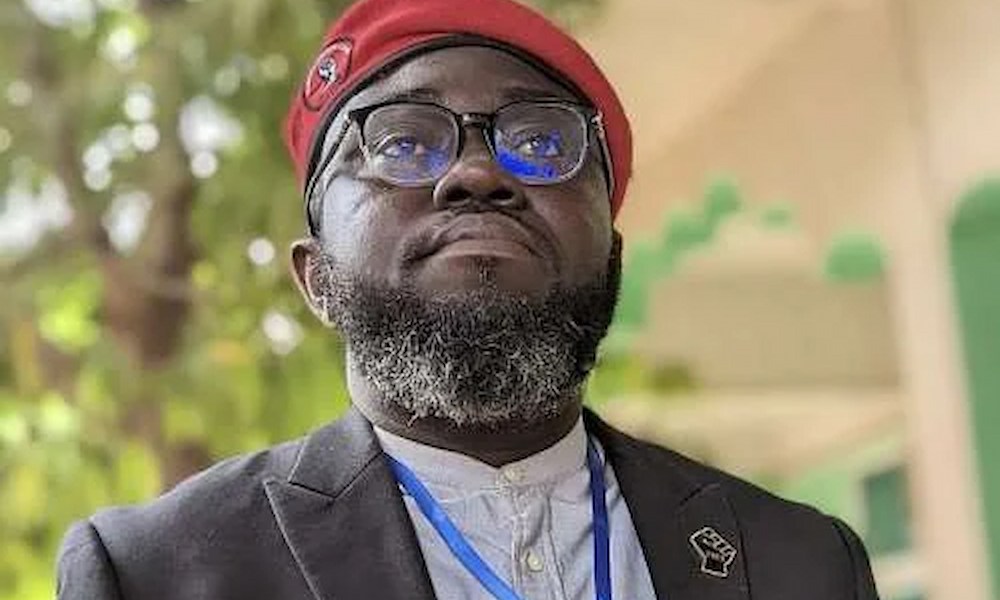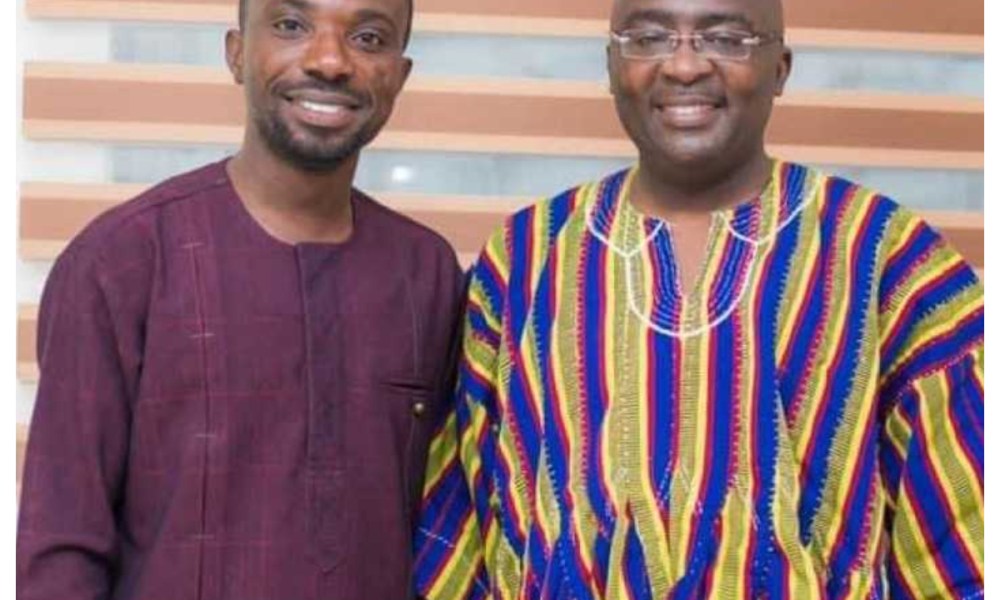Renowned Ghanaian lawyer and activist, Oliver Barker-Vormawor, has sparked a vibrant discussion on the nation’s fight against corruption with his recent reflections on the effectiveness of ORAL (Operation Recover All Loot).
His comments delve into the critical need for systemic reforms, emphasizing that combating corruption requires more than token gestures—it demands a multi-faceted, all-hands-on-deck approach.
In a thought-provoking statement, Barker-Vormawor asserted: “For ORAL to work, you need Oralists in the Police Service, Oralists in Parliament, Oralists in the Courts, Oralists in the media, Oralists in the civil service and civil society. Oralists on the streets.”
His message underscores that the success of anti-corruption efforts lies in the widespread involvement of committed allies across all sectors of society.
From law enforcement and the judiciary to media and civil society, the lawyer envisions a collaborative effort to address the pervasive challenge of corruption.
Reflecting on the structural deficiencies of current anti-corruption initiatives, he critiqued the narrow focus of preparatory committees tasked with receiving complaints, suggesting they often miss the bigger picture. “
This is what the preparatory committee should have been tasked to define—not just receiving complaints and passing them on to Madam Tiwaa,” he remarked, referencing high-profile figures in Ghana’s law enforcement landscape.
For Barker-Vormawor, tackling corruption involves not just systemic adjustments but also a cultural shift akin to a movement.
“ORAL must become a state-sponsored religion to succeed,” he argued, adding that such efforts should be pursued with an intensity that even historical crusades like McCarthyism would find enviable.
However, he was quick to note that this must be executed with due process and collaborative efficiency entrenched in legal frameworks.



